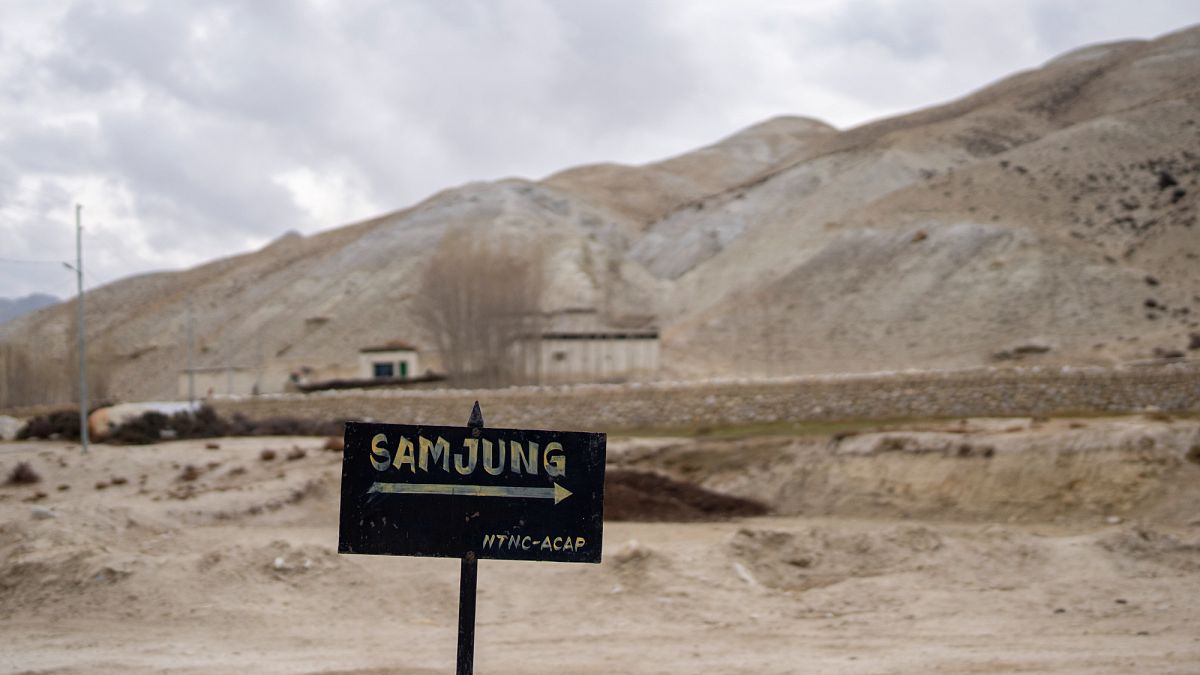

Across different parts of the globe, the effects of climate change are becoming increasingly apparent as both communities and ecosystems endure significant transformations. From the ancient villages of the Himalayas to the bustling streets of southern Europe, the changes brought about by shifting climate patterns challenge the resilience of both the people and the environments they inhabit.
High in the Himalayas, the village of Samjung, a place steeped in tradition and history, has faced a poignant reality. The villagers, who have persisted through generations of herding and harvesting on their ancestral lands, are now confronted with an unyielding decision to relocate. The primary culprit is the dwindling availability of water, further exacerbated by irregular snowfall and flooding rains. Water sources they once relied upon have gradually diminished, forcing the once-thriving community to seek solace and sustenance elsewhere. This relocation, while challenging, is a courageous step toward adaptation in the face of climate-induced changes.
Meanwhile, the persistent heatwave gripping Europe carries its own set of challenges. In Turkey, soaring temperatures have sparked wildfires that have necessitated the evacuation of over 50,000 people from various regions. More than 200 homes and numerous businesses have suffered damage from these uncontrolled blazes. However, in the spirit of resilience and community, efforts are underway to manage the fires and protect the lives and livelihoods of those affected. Emergency services work tirelessly to bring the situation under control, demonstrating humanity’s ability to cope with adversity through collective action and support.
The broader implications of these climate shifts are underscored by the grim prediction that as many as 4,500 individuals could succumb to the lethal effects of unprecedented temperatures sweeping through Europe over a mere span of three days. This sobering number highlights the urgency with which countries need to address climate-related health threats. Emergency measures, including heat advisories and access to cooling centers, are vital in safeguarding vulnerable populations during extreme heat events. Such steps are instrumental in illustrating how communities can rally together and demonstrate the importance of preparedness in mitigating the impacts of climate change.
While the challenges presented by climate change are substantial, there is a growing awareness and responsiveness within affected regions. From bolstering infrastructure resilience to fostering sustainable living practices, there is an unmistakable push toward creating systems that are better equipped to handle these environmental shifts. Communities worldwide recognize the need for collective effort and innovation to navigate the current and forthcoming impacts of global warming.
As climate change remains an integral and ongoing part of our global narrative, it compels nations and individuals alike to rethink and adapt with creativity and compassion. The changing climate prompts us to forge connections across borders and cultures, uniting in the shared commitment to protect this planet we all call home. Through mindful adaptation and thoughtful innovation, there is hope that we can not only withstand the challenges before us but also pave the way for a sustainable and harmonious future for generations to come.
Source: {link}
